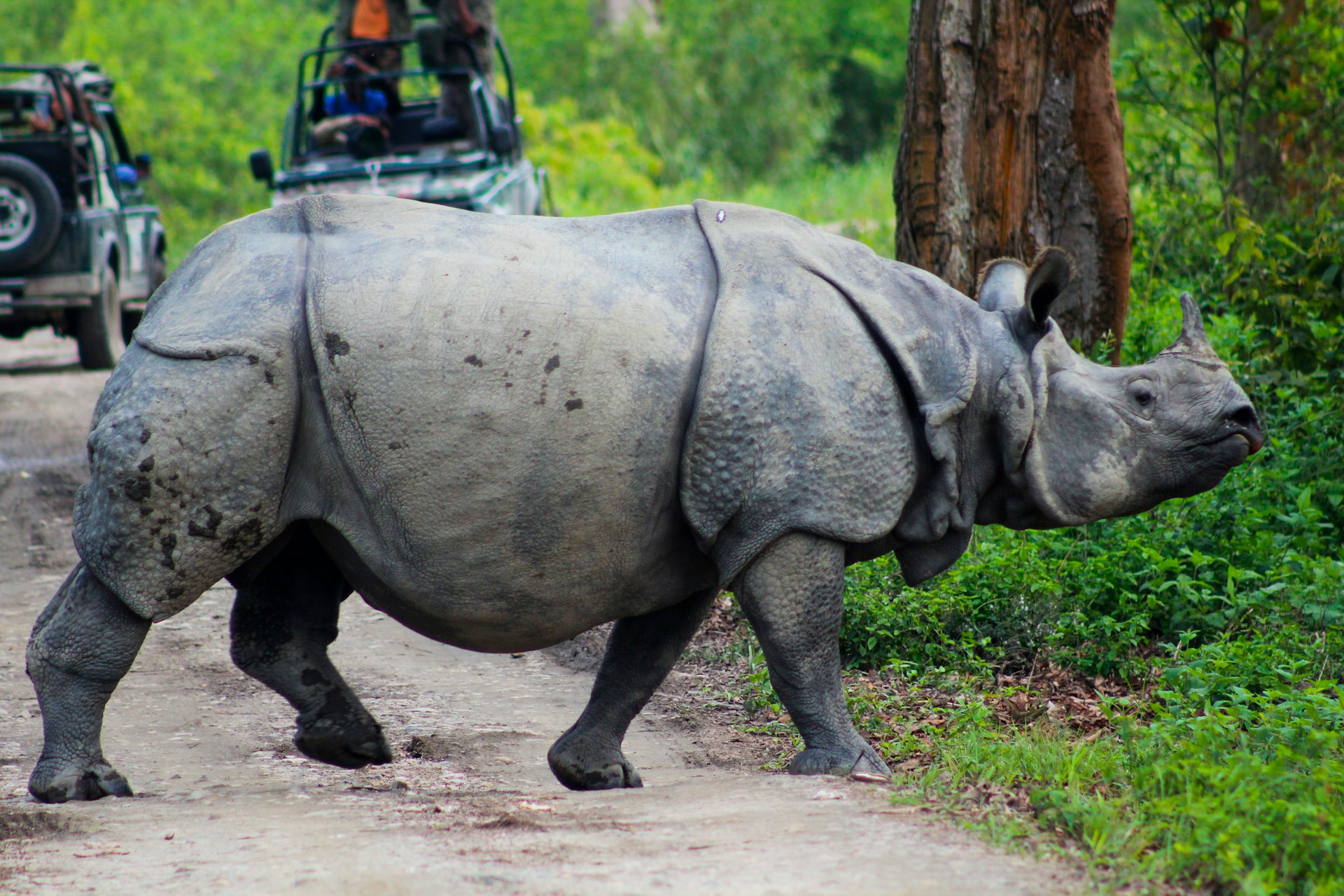Kaziranga National Park in Assam has reopened for the new tourist season, unveiling expanded trekking routes, upgraded safari experiences, and a renewed commitment to sustainable tourism. The initiative marks a significant step in strengthening India’s international appeal as a destination for eco-conscious travellers.
The park’s latest phase includes newly developed trekking trails through less-explored forest areas, along with enhanced jeep and elephant safaris across its core zones. These additions are designed to diversify visitor experiences while maintaining the delicate ecological balance that defines Kaziranga, home to the world’s largest population of one-horned rhinoceroses.
Officials have implemented new management practices to ensure that growing visitor numbers do not compromise conservation goals. Measures include limiting vehicle movement in sensitive habitats, introducing trained naturalist guides, and promoting low-impact activities such as birdwatching and nature walks. Local communities are also being integrated into the tourism model through employment, handicraft markets, and eco-lodge partnerships, ensuring that economic gains are distributed sustainably.
The emphasis on responsible travel reflects a broader shift within India’s wildlife tourism sector. With global travellers increasingly seeking authentic, environmentally responsible experiences, destinations like Kaziranga are positioning themselves at the intersection of adventure and conservation.
International tour operators have taken note, with early booking trends indicating rising foreign interest in the region. By combining improved infrastructure with a focus on biodiversity and local empowerment, Kaziranga National Park is setting a benchmark for eco-tourism in South Asia—demonstrating how natural heritage can drive sustainable growth without sacrificing ecological integrity.


